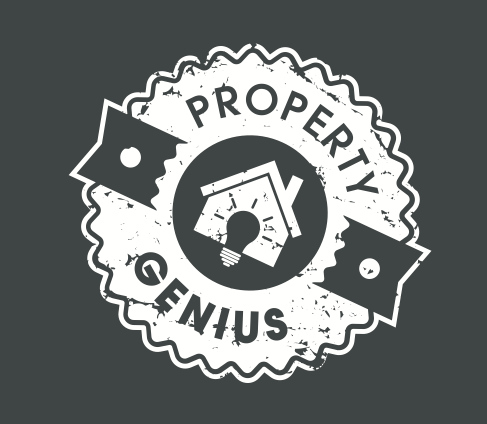Raising the Bar: The New Decent Homes Standard
Overview
The Renters’ Rights Act extends the Decent Homes Standard (DHS), previously applied only to social housing, to the private rented sector for the first time.
This marks a major change for landlords. Every rented property must now meet clear minimum standards of condition, safety, and habitability. The goal is to ensure all tenants live in homes that are safe, warm, and well-maintained, no matter who their landlord is.
What’s Changing
Private rentals must meet the Decent Homes Standard:
Landlords are now required to ensure their properties are:
Safe and free from serious hazards (e.g. fire risks, carbon monoxide, structural danger).
Fit for human habitation, with adequate heating, lighting, and sanitation.
Well-maintained, addressing issues like damp and mould promptly.
Compliant with Awaab’s Law, which requires landlords to act quickly on damp and mould reports.
Applies to all assured tenancies and privately rented supported housing:
Initially, this will apply to the majority of standard private tenancies, but the government may extend it to other tenancy types through future regulations.
Higher standards for certain properties:
The Secretary of State can designate some homes as “qualifying properties” that must meet additional requirements, such as HMOs or certain types of student accommodation.
Local authority enforcement:
Councils will have new powers to inspect properties, issue improvement notices, and fine landlords who fail to comply, with penalties starting at £7,000, rising for repeat or serious breaches.
Why It Matters
This change is about ensuring fairness and safety across the entire rental market.
For tenants: It provides reassurance that their home will meet consistent safety and quality standards, and that landlords are accountable if it doesn’t.
For landlords: It raises expectations but also clarity. Meeting the Decent Homes Standard can protect against legal risk, improve tenant retention, and enhance the property’s long-term value.
Importantly, these rules don’t expect luxury, just basic decency, proper maintenance, and a prompt response to issues.
Awaab’s Law — Damp and Mould Response
Named after Awaab Ishak, whose death in 2020 highlighted the dangers of poor housing conditions, this law now applies to the private rented sector.
Landlords must:
Investigate damp or mould complaints within two weeks.
Begin necessary repairs within seven days of confirming a problem.
Maintain written records of inspections and repairs.
While the exact timescales for private landlords may vary once final guidance is published, the principle remains: swift, documented action is essential.
Practical Steps for Landlords
Inspect and maintain properties regularly, especially for damp, mould, and ventilation issues.
Document all maintenance work and keep clear records of tenant reports and your responses.
Review your property portfolio to ensure every home meets the minimum health and safety requirements.
Consider scheduling annual property condition reviews, even where not legally required.
Respond promptly and formally to any complaints, delays could result in fines or rent repayment orders.
FAQs
1. What exactly counts as a “decent home”?
A property that is safe, well-maintained, and free from serious hazards. It must also have adequate heating, insulation, lighting, ventilation, and basic amenities like cooking and washing facilities.
2. Does this apply to all private rentals?
Yes, all assured tenancies must meet the standard. Certain types of supported housing and HMOs will have additional requirements.
3. What happens if a property fails to meet the standard?
Local councils can issue improvement notices. Failure to act may result in a fine of up to £7,000 or a rent repayment order of up to 24 months of rent.
4. How does Awaab’s Law affect landlords?
It introduces strict timelines for investigating and repairing damp and mould. Ignoring or delaying action could lead to enforcement or compensation claims.
5. Will this replace local licensing schemes?
No. For now, local selective and additional licensing schemes will continue alongside the Decent Homes Standard.
In Summary
The new Decent Homes Standard is about raising the minimum expectations for privately rented homes, ensuring they are safe, secure, and well-maintained.
While it introduces new responsibilities, most professional landlords will already meet or exceed these requirements. By staying proactive and keeping good records, landlords can remain compliant, protect their investment, and provide tenants with the quality housing they deserve.
